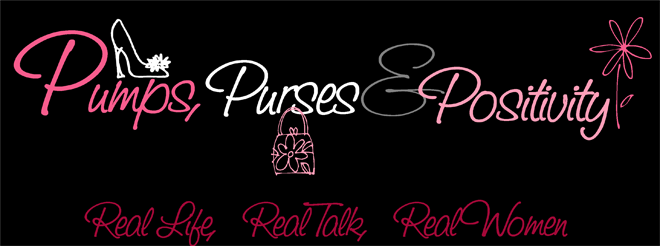
Opt out of marketing data bases! Do it now! And don't give out any personal information in response to an email, even if it appears to come from your bank or favorite store.
Another major hacker attack last week exposed the names and emails of millions of consumers to cyber criminals — and you might be on the list. As a practical matter, you can't get out of all of the massive data banks that hold your personal data. Even the names of people who opted out might be retained. But you can do your best to minimize your risk.
The latest breach occurred at a company called Epsilon, a division of Alliance Data Systems Corp. Epsilon holds the names, email addresses, marital status, credit data, and other personal information of 235 million people. It mines the names for personal shopping habits, interests, life changes such as marriage or moving, and credit capacity, and sends out targeted marketing pitches. If you get a 30 percent discount offer from Target, to take just one example, it probably came from Epsilon. The company broadcasts 40 billion email messages annually, to consumers it considers most likely to buy.
So much of your personal data is swirling around the world that you cannot fully protect yourself. But here are some steps you can take to lower your risk:
1. Get out of marketing data bases. They all allow you to opt out, if you can find them. For example, you can block your name from being used by any of Epsilon's clients, including catalog marketers and retailers. One big problem: The database company might retain your name and just block it from being used. If a thief hacks in, he gets the blocked names, too.
The Privacy Rights Clearing House lists 135 data brokers who are selling your name to all comers, and tells you whether or not they have opt-out policies. If they do, you have to go to the brokers' websites and suppress your name yourself. I checked some of the sites and the opt-out screens are hard to find. One likely place is the broker's Privacy Policy, usually shown in small print at the bottom of the page.
2. Opt out, or unsubscribe, from every commercial email list you're on. "They're required to give you that option," says Greg Aaron, director of domain security for Afilias, an Internet infrastructure company. If you opt out at the source, your name should be removed from the large, pooled data bases.
3. Stop most direct mail. The Direct Mail Association provides a website, letting you opt out of various types of promotional mail from its members: credit offers, catalogs, magazine offers, requests for donations, and others. That should stop mail from national companies you haven't done business with before. Your opt-out lasts for five years. After than you have to sign up again.
The DMA opt-out won't stop mail from non-members, such as local businesses, charities, or mail from a company where you've shopped. You will have to contact those mailers directly and in writing (phone calls don't work). Be sure to tell them you don't want your name shared with other companies, such as Epsilon, for marketing purposes.
4. Stop your bank from sharing your name. Under the Fair Credit Reporting Act (FCRA), you can tell your bank not to give your name to any of its affiliates for marketing purposes, as well as to outside marketing firms. You have to give notice in writing, citing your rights under FCRA. Ask for a written acknowledgment that you've been taken off the list. These opt-outs, too, might last for just five years.
5. Stop sharing personal information on your Facebook, LinkedIn, or MySpace pages with the general public. Or, share only what you wouldn't mind seeing in a database, and leave off banking identifiers such as your mother's name. Social networks can be mined, using your email address.
6. Stop phone calls from telemarketers, by signing up with the National Do Not Call registry. When the registry began, you could stop these calls for only a limited number of years. Since 2008, however, you've been able to block them permanently.
7. Opt out of credit card offers. You can stop receiving them by signing up with the OptOutPreScreen, run by the consumer credit reporting industry.
8. Don't be fooled. Never open an email telling you that you've won something, or that you have an unclaimed package, or that there's a problem with your tax return or bank account. Just by opening it, you might introduce malware into your machine, which searches for passwords to financial accounts. If your bank or credit card company apparently sends you an email, asking you to make corrections in your account, delete. It's a cheat. Or call the institution to see if it's legit, before entering any information. With the Epsilon break-in, you might get phony phishing messages from familiar retailers, too. For more tips, check the Privacy Rights Clearinghouse and APWG, an industry organization that fights online fraud.
To read the complete article please click here
Pumps, Purses & Positivity
Real Life, Real Talk, Real Women






No comments:
Post a Comment
Hi! Pumps Purses & Positvity would like to thank you for taking the time to check us out. We are experiencing some technical difficulties with posting comments so if you receive an error message just re-click the Post Comment button again and your comment should go through. Thank you for your comment and please come again!